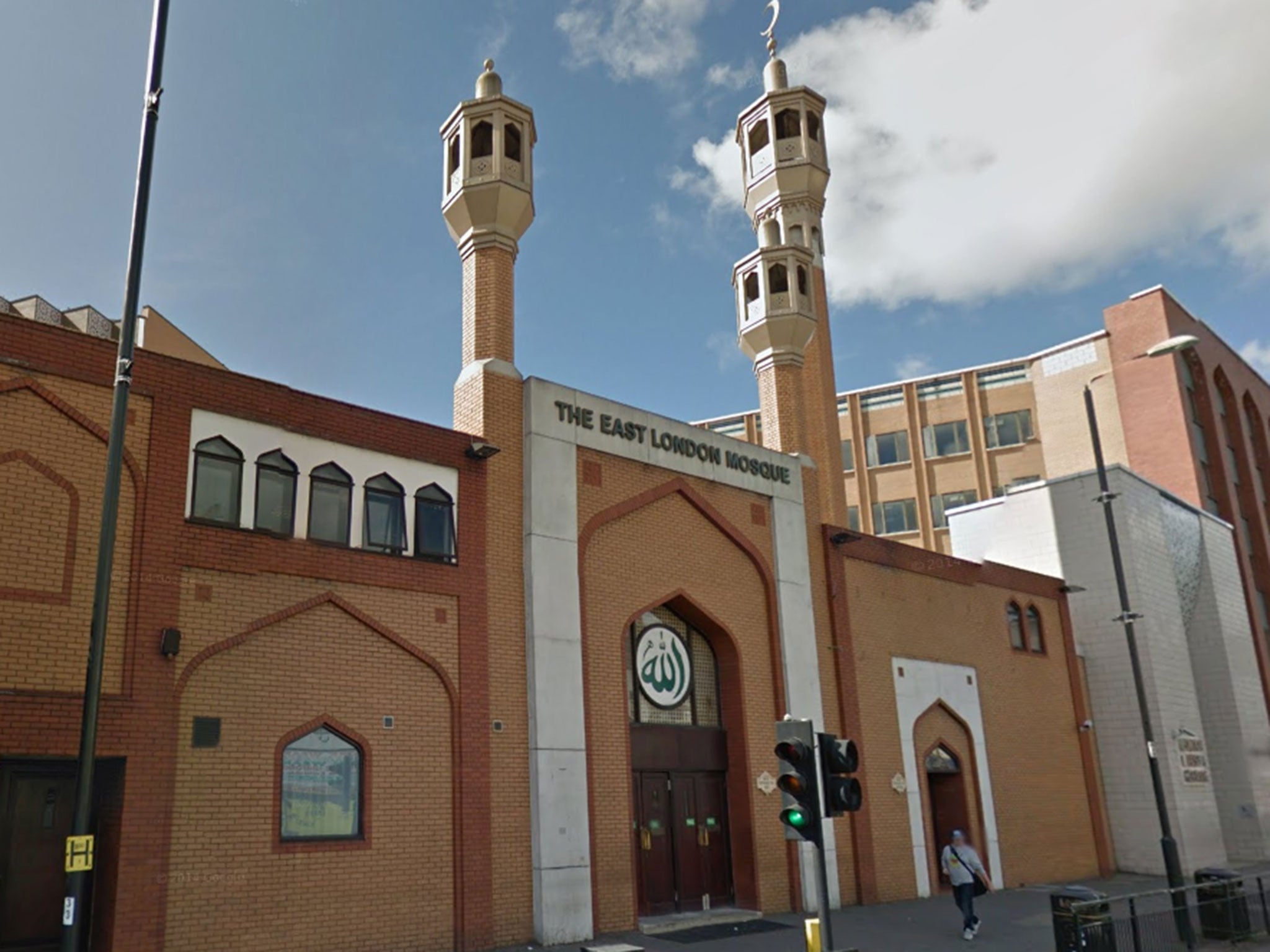University staff should go to mosques and working class youth clubs to improve campus diversity, says watchdog
'University admissions officials in US universities are bigger and more active - they do not passively wait for applications to come in'

UK university staff should consider spending time in mosques and youth centres across the country to boost the number of students from minority groups, the higher education regulator has said.
Sir Michael Barber, chair of the Office for Students (OfS), has accused UK universities of “passively waiting” for underrepresented students to apply, instead of seeking them out.
Speaking to The Independent in an exclusive interview, Sir Michael said American universities were more active in their efforts to reach students from ethnic minorities and disadvantaged backgrounds than institutions in the UK.
He praised California State University for sending staff to African American churches on Sundays to recruit local black young people that otherwise may not have considered studying at the institution.
Sir Michael believes the Californian model could work in the UK – and he has called for university staff to look at visiting mosques, churches and youth centres.
His comments come after the most selective British universities – including Oxford and Cambridge – have faced growing criticism for recruiting too few applicants from minority groups.
Last month, universities minister Sam Gyimah called Oxford and Cambridge’s failure to take in more students identifying as black and minority ethnic (BME) as “staggering”.
On improving outreach work to ethnic minority groups, Sir Michael said: “I think actually that the churches are in some places very influential, as are the mosques. East London mosque has more worshippers on a Friday than St Paul’s does on a Sunday.”
But it is not only the recruitment of BME students that is a concern among the sector. Boosting the numbers of white working-class children attending university remains a focus.
On reaching this group, Sir Michael said schools and youth centres could be the answer.
The University of Wolverhampton has partnered up with a youth centre – where white working-class children attend – which has helped raise awareness of higher education among families, he said.
Earlier this week, the OfS called for universities to look at students’ backgrounds, rather than just their A-level grades, when making offers for courses in an effort to improve diversity on campus.
Sir Michael told The Independent that UK institutions – especially the most selective universities in the Russell Group – still have a lot of progress to make.
“I do think that admissions offices and admissions officials in American state universities are bigger and more active, rather than passively waiting for the applications to come in,” Sir Michael said.
“We want to see significant progress, step-change and we want to see not just plans for doing these things. We want to see outcomes and results,” he added. “We think we can go further and faster.”
He said: “The ball is in the universities court and they need to prioritise it, they need to be imaginative, they need to be effective in implementation and they need to be out there and taking the lead, not waiting for this to happen.”
The OfS will look at what universities are doing to widen access over the next few months. Sir Michael warned that they would take a “tough line” if plans lack ambition or are ineffective.
He has previously said universities that fail to improve diversity could have their tuition fees cut by a third.
Ilyas Nagdee, black students’ officer for the National Union of Students (NUS), said: “It’s encouraging to see Michael Barber has acknowledged what many of us have been saying for some time – that institutions need to change their approach if they are to boost applications from underrepresented groups.
“He is absolutely right to say that institutions have been far too passive in the past, and his suggestion that more must be done to engage with those communities, though, for example, working with local mosques and youth centres, is undoubtedly a step in the right direction.”
He added: “Of course, actions will always speak louder than words: and it’s crucial that the Office for Students’ is willing to use its new regulatory powers if institutions are failing to fulfil their responsibilities.”
Sir Peter Lampl, founder of social mobility charity Sutton Trust, said: “Michael is right that many just aren’t doing enough to seek out applications from under-represented groups.
“We know that many local community groups – including mosques, youth centres and churches – have considerable influence over their members. So engaging with them directly should be an effective way to reach these young people.”
Tim Bradshaw, chief executive of the Russell Group, told The Independent: “I think all universities will be looking at making a more concerted effort in this area. But one of the challenging things is that we face this blame game.
“Universities are blamed for this. We shouldn’t play that blame game. It isn’t the universities’ fault, it isn’t the schools’ fault, it isn’t parents’ fault.”
The Russell Group would like to work closely with the OfS and the government about the next steps. “It is a shared responsibility for the whole of the UK. Universities are definitely a key part of that – but it is a wider society thing as well,” Mr Bradshaw said.
“The OfS will rightly keep us to task – that’s what they should do – but we are going to do it anyway because we are determined to,” he added. “It is something that we have recognised and been working on for some time.”
Chris Hale, director of policy at Universities UK, said: “Universities are committed to improving university access for everyone, regardless of their background.
“Progress has been made in recent years and universities put significant time and resource into a wide range of programmes that actively reach out to some of the most disadvantaged groups.”
Join our commenting forum
Join thought-provoking conversations, follow other Independent readers and see their replies
Comments